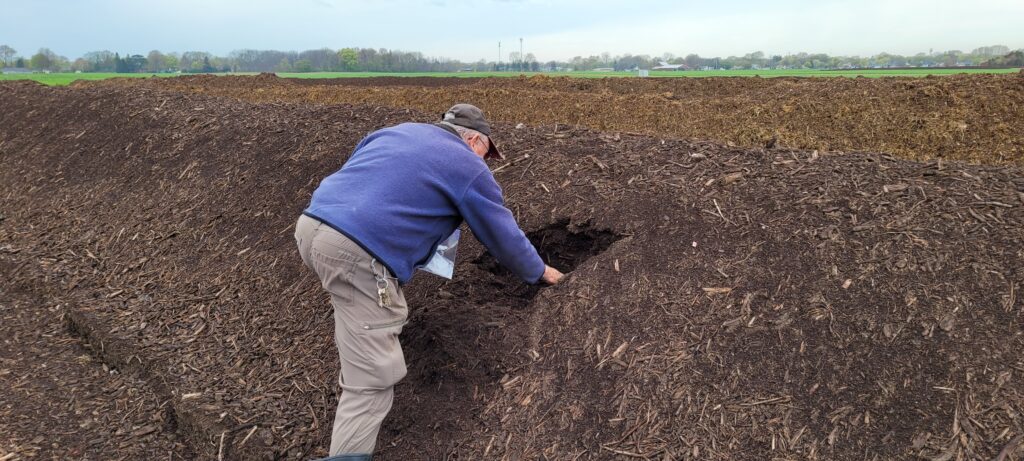Using LAB (lactic acid bacteria) in the production of compost can greatly enhance the composting process and improve the quality of the final product.

One of the key benefits of using LAB in composting is that it can help to accelerate the decomposition of organic matter. LAB are known to produce enzymes that break down complex carbohydrates and proteins, which in turn speeds up the breakdown of organic matter. This results in a more efficient composting process, with less time and energy required to produce a finished product.
Another benefit of using LAB in compost is that it can improve the nutritional quality of the final product. LAB produce a range of beneficial compounds, such as lactic acid, acetic acid, and hydrogen peroxide, that can help to suppress the growth of pathogens and harmful bacteria while promoting the growth of beneficial microorganisms. This can result in a more balanced and nutritious compost that is better able to support plant growth.
Additionally, LAB can also help to improve the structure and aeration of the compost. LAB can produce extracellular polysaccharides that help to bind and stabilize the compost, resulting in a more stable, aerated, and porous final product. This can help to improve water retention and nutrient availability in the compost, which can be beneficial for plant growth.
In summary, incorporating LAB in compost production can greatly enhance the composting process by accelerating the decomposition of organic matter, improving the nutritional quality, and structure of the final product.